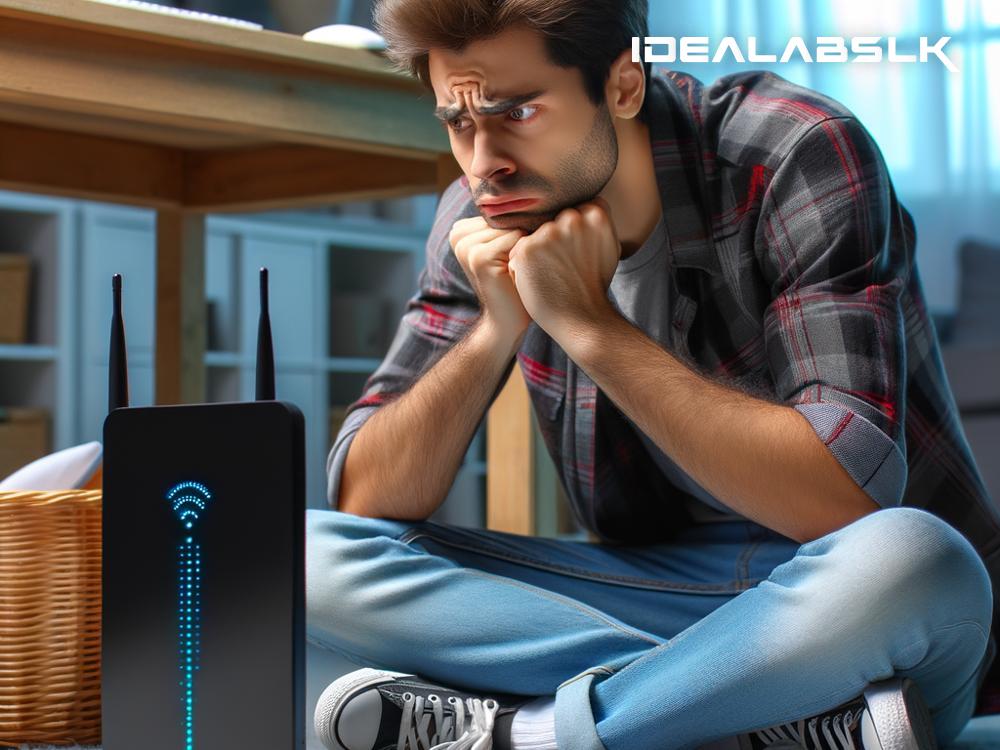Why Your Wi-Fi Router Keeps Restarting and How to Resolve It
Wi-Fi routers are the heartbeat of our digital lives. They keep us connected to the world, ensuring we can work, play, and stay in touch without hitches. But what happens when this indispensable device starts acting up, particularly when it keeps restarting on its own? It's frustrating, disruptive, and demands an urgent fix. Let's break down why this might happen and how you can get back to a stable connection.
Why Does My Wi-Fi Router Keep Restarting?
1. Overheating: Just like any electronic device, routers can overheat, especially if they're working hard for long hours. When the heat becomes excessive, the router may restart to cool down and protect its components from damage.
2. Firmware Issues: The firmware is the software embedded in your router that controls its functions. If it's outdated or corrupted, your router may behave unpredictably, including restarting without warning.
3. Power Supply Problems: An inconsistent or faulty power supply can cause your router to restart. This could be due to a problematic power outlet, surge protector, or the power adapter of the router itself.
4. Hardware Malfunction: Sometimes, the issue could be with the router's hardware. Components within the router may be failing or already damaged, leading to restarts.
5. Network Overload: An overloaded network, with too many devices connected or heavy data traffic, can strain your router, causing it to restart in an attempt to manage the load.
How to Resolve It:
Let's move on to solutions now that we understand the potential causes. Here are steps to resolve the problem and stabilize your Wi-Fi connection:
1. Improve Ventilation: Ensure your router is in a well-ventilated area, away from direct sunlight and heat sources. You can also elevate it slightly to allow air to circulate underneath.
2. Update Firmware: Check the manufacturer’s website for firmware updates. Keeping your router's firmware up to date can resolve issues and improve performance. Follow the instructions provided by the manufacturer to update the firmware safely.
3. Check the Power Supply: Verify that the power outlet and surge protector (if you're using one) are working correctly. Try plugging the router into a different outlet to rule out power issues. Also, examine the router's power adapter for any signs of damage.
4. Reduce Network Load: Try disconnecting some devices from your network or staggering heavy usage to lessen the strain on your router. See if this reduces the frequency of restarts.
5. Factory Reset: If all else fails, a factory reset might be necessary. This will erase all settings and restore the router to its default state. Note: You will need to reconfigure your network settings after a factory reset, so make sure you have the necessary information handy before proceeding.
6. Contact Support or Replace Hardware: Should the problem persist after trying all the above solutions, it might be time to contact the router's manufacturer for support. They can offer more tailored advice, and if your router is under warranty, you may be eligible for a replacement. Sometimes, the only solution is to replace old or failing hardware.
Maintenance Tips:
To prevent future issues, regular maintenance is key. Here are a few tips:
- Regularly Update Firmware: Make it a habit to check for firmware updates periodically.
- Monitor Router Temperature: Be mindful of how hot your router gets and take steps to cool it down if necessary.
- Clean the Router: Dust can accumulate and contribute to overheating. Gently cleaning your router with compressed air can help.
- Review Connected Devices: Keep an eye on how many devices are connected and what they're doing. Disconnect devices that aren't in use.
Wi-Fi routers, while robust, can encounter issues that lead to frequent restarts. Understanding why it happens and knowing how to address the problem can save you from disruption and frustration. Regular maintenance and vigilance can also help prevent such issues from cropping up in the future. Remember, a stable and strong Wi-Fi connection starts with a well-cared-for router.

